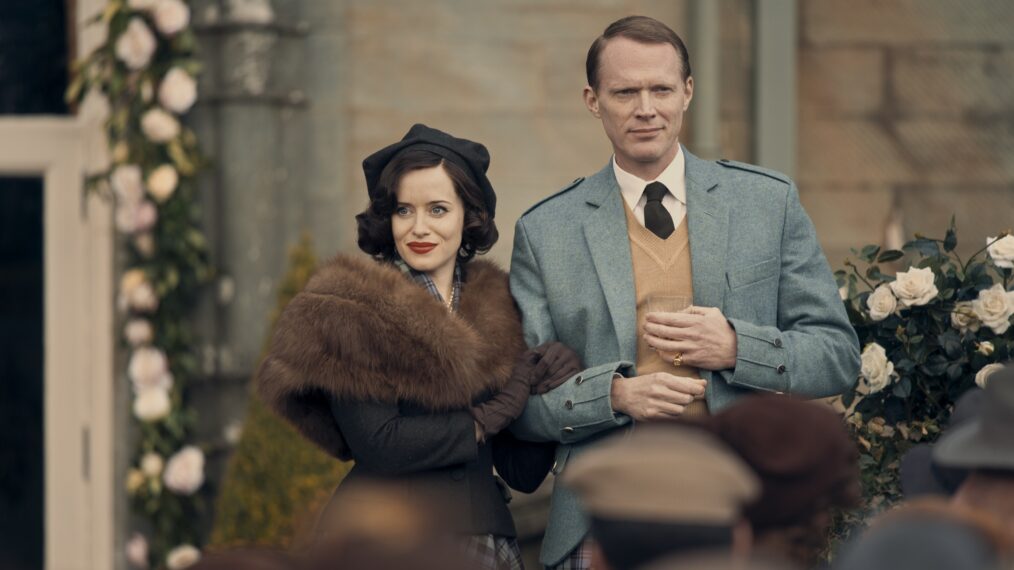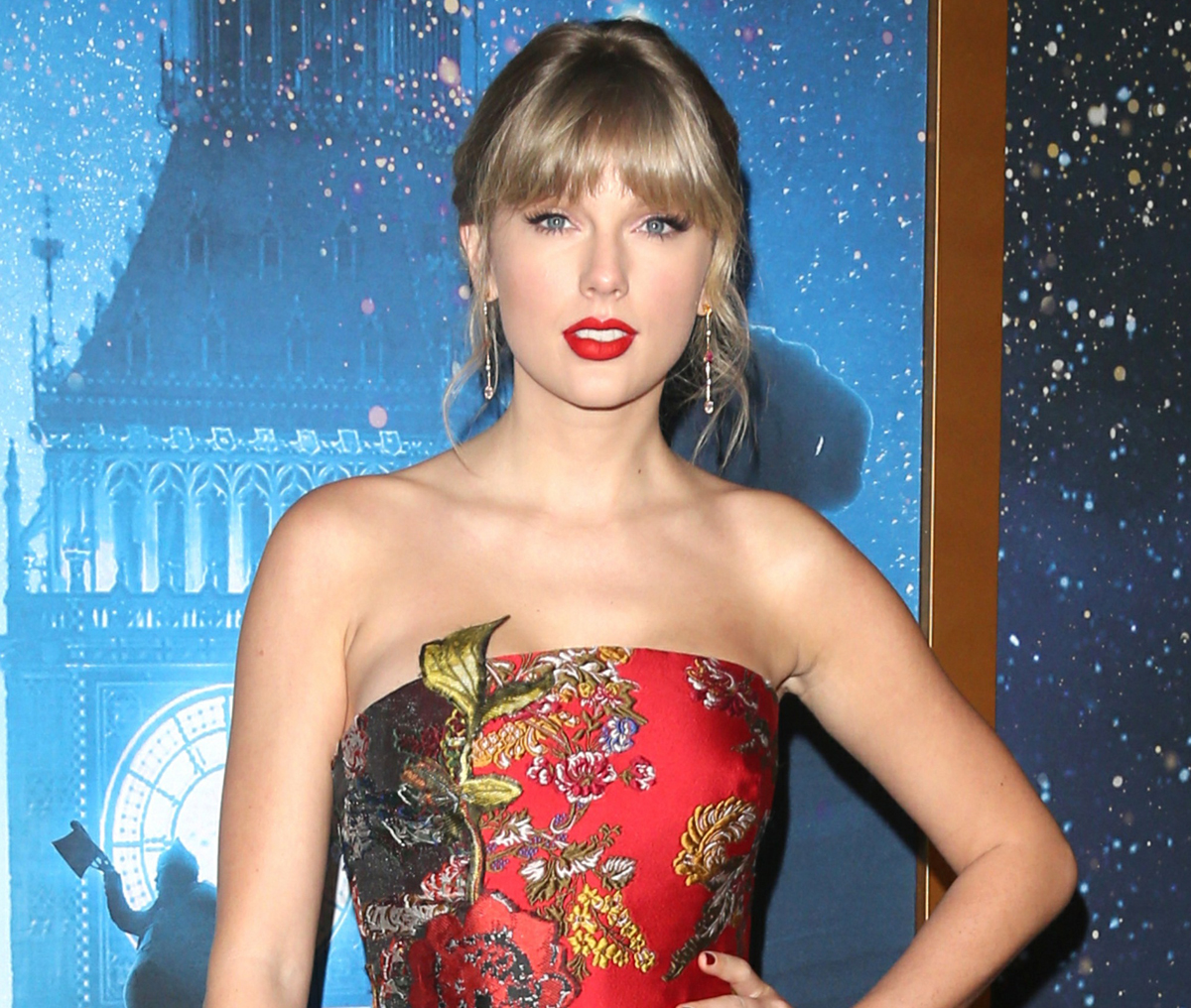#Eurovision: Israel’s Entrant Booed During Rehearsal

Eden Golan, Israel’s entrant for the 2024 Eurovision Song Contest, was booed during rehearsals on Thursday, with the crowd in Malmö, Sweden chanting “Free Palestine” during the singer’s performance.
Ahead of the Eurovision semi-final, Golan was performing her song “Hurricane” when sections of the crowd turned on her and the jeering began. In video clips posted to social media, audible boos can be heard during Golan’s rehearsal, with local media reporting that there were also political chants.
Outside the Eurovision venue in Malmö, a city long considered within Sweden as left-leaning with a rich history of protest, there have been ongoing demonstrations against Israel’s war in Gaza this week. On Thursday, local police reported that over 10,000 people, including Swedish climate activist Greta Thunberg, marched through the city in a pro-Palestine protest that directly called on Eurovision organizers to drop Israel from the contest.
The controversy has been big news in Sweden, with several high profile musicians, including Robyn, Fever Ray, Axel Boman, Refused, DJ Seinfeld, Peder Mannerfelt and First Aid Kit among more than 1,000 signatories of an open letter calling for Eurovision to ban Israel from the 2024 competition. “The fact that countries that place themselves above humanitarian law are welcomed to participate in international cultural events trivializes violations of international law and makes the suffering of the victims invisible,” the open letter said.

Atila Altuntas/Anadolu via Getty Images
Despite the negative crowd reaction inside and outside the arena, Golan’s song was one of 10 that advanced from Thursday’s second semi-final to the live televised final on Saturday, when another large pro-Palestine protest is planned.
Golan has become a lightning rod for wider criticism of Israel’s ongoing war in Gaza, that according to Gazan health officials has led to the death of over 34,000 people in seven months. The inclusion of Israel, a Eurovision winner in 1978, 1979, 1998 and 2018, in this year’s contest has sparked furious debate across Europe, particularly as Russia was barred from the event in 2022 after it invaded Ukraine.
Eurovision is ordinarily non-political, but geopolitics have come to the fore in recent times and this year’s event has become the most divisive in living memory. Across Europe, national broadcasters who make up the European Broadcasting Union, the body that oversees Eurovision, have been petitioned and faced rising calls to boycott this year’s event over Israel’s inclusion due to the war in Gaza. The EBU, in contrast, has doubled down and dismissed calls to ban Israel.
Before the contest began in earnest, the EBU, trying, and seemingly failing, to stick to its non-political principles, requested that the Israeli entry change the title and some lyrics of their song. Golan’s song was originally called “October Rain” which, along with some specific lyrics, was deemed to be a reference to the Oct. 7 terrorist attacks on Israel. After a storm of controversy and a refusal from the Israelis to change anything, a compromise was reached after the country’s President Isaac Herzog called for “necessary adjustments” so that Israel could compete.
On March 29, several Eurovision entrants released a joint statement calling for “an immediate and lasting ceasefire” in Gaza as well as the return of the Israeli hostages held by Hamas. The statement was signed by acts including Bambie Thug (Ireland), Gåte (Norway), Iolanda (Portugal), Megara (San Marino), Mustii (Belgium), Nemo (Switzerland), Olly Alexander (United Kingdom), Saba (Denmark), Silvester Belt (Lithuania) and Windows95man (Finland).
The EBU has further sent down an edict to entrants to refrain from political symbols and statements during performances to adhere to the contest’s non-political nature. The BBC reports that Ireland’s Bambie Thug said they were “ordered” to remove political gestures from an outfit ahead of their semi-final performance, adding that their costume had originally included references to “ceasefire” and “freedom for Palestine” written in ancient Celtic writing known as Ogham. Fans were also been warned not to bring Palestinian flags or symbols into the Eurovision venue.
If you liked the article, do not forget to share it with your friends. Follow us on Google News too, click on the star and choose us from your favorites.
If you want to read more Like this articles, you can visit our Social Media category.




